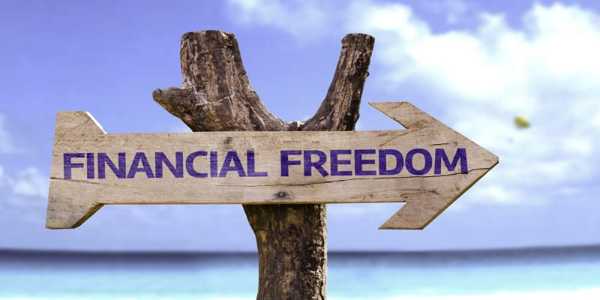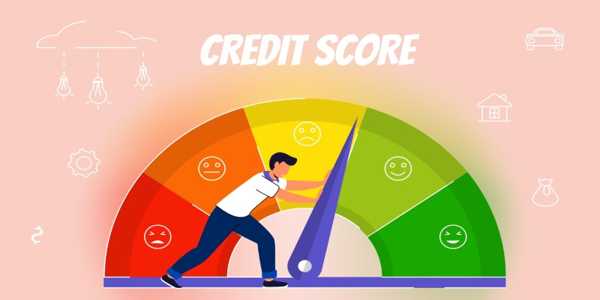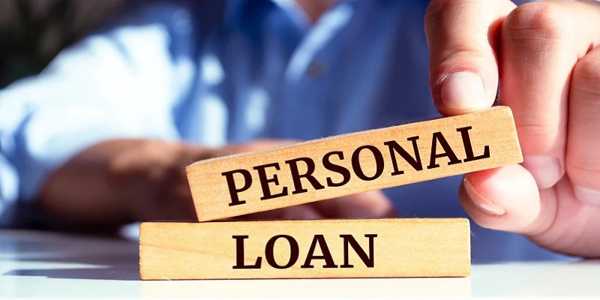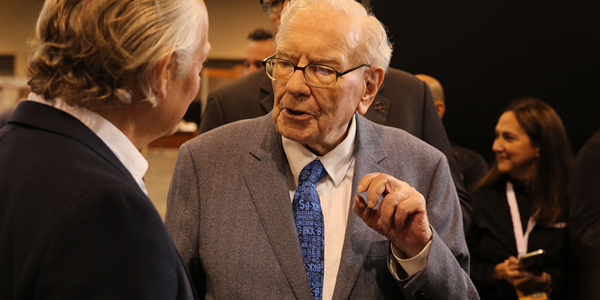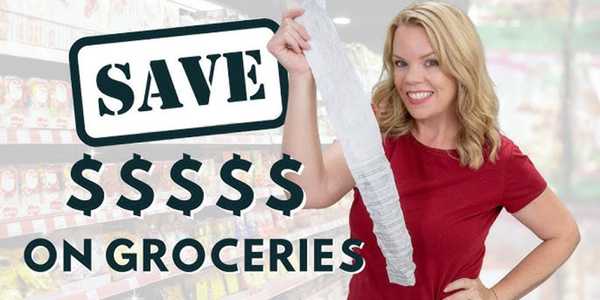What Are The Daily Habits That Can Lead To Financial Freedom?
Have you ever looked at someone who seems completely in control of their finances and wondered, “How do they do it?” Is it about earning more, spending less, or something else entirely? The truth is, financial freedom doesn’t come from luck or one-off windfalls. It’s built—step by step—through the habits we form and stick to every day.
This article explores the core daily habits that people who achieve financial freedom often have in common. These are actionable behaviours you can start implementing today, regardless of your income level.
What Does Financial Freedom Mean?
Before diving into habits, it's worth clarifying what financial freedom means. It's not about being extravagantly rich or owning flashy cars. For most people, economic freedom is about choice. It's the ability to make decisions without constantly worrying about money, whether that's leaving a job you hate, travelling, or supporting your family with ease. Now, let's break down how small, intentional habits can lead you to that place.
Why Tracking Every Expense Matters More Than You Think
Most people assume they know where their money goes. But in reality, a few unnoticed purchases here and there—your daily coffee, late-night online orders, streaming subscriptions you forgot about—can add up quickly.
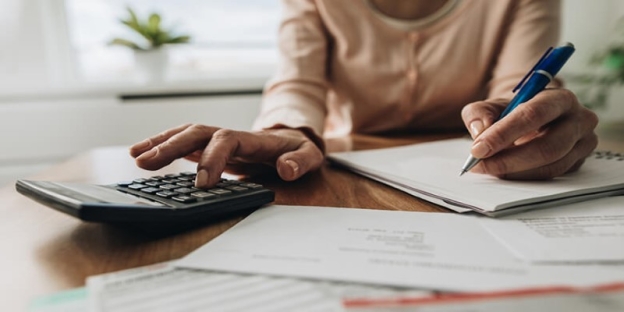
Tracking your expenses isn't about guilt-tripping yourself; it's about being accountable. It's about awareness. When you know exactly what's going out, you regain control over your finances. Use an app, spreadsheet, or even pen and paper. What matters is consistency.
For instance, someone who earns a modest income but tracks their spending diligently may save more over time than someone earning twice as much but spending impulsively.
Is Budgeting Just Restriction? Or Is It Freedom In Disguise?
Many people view budgeting as a form of punishment. But that's a misconception. A reasonable budget doesn't limit your freedom—it creates it. It allows you to prioritise what matters most to you. Want to save for a house, pay off debt, or take that dream trip to Italy? Your budget makes it possible.
The trick is to build a system that works for you. Some prefer the 50/30/20 rule—where 50% goes to needs, 30% to wants, and 20% to savings. Others use envelope methods or zero-based budgets. Whatever you choose, ensure that your budget aligns with your life, goals, and reality.
Budgeting gives every dollar a job. And when your money works for you, it starts to grow.
Can Saying “No” Today Lead To A Bigger “Yes” Tomorrow?
Impulse buying is everywhere. It’s not your imagination—apps, ads, influencers, all want you to spend now and think later. But one habit that financially free people have mastered is delayed gratification.
This doesn't mean depriving yourself. It means recognising that a small sacrifice today can yield a much greater reward later. Whether it's choosing to cook at home instead of dining out or skipping the latest gadget in favour of investing that money, these choices compound over time.
A great exercise? Implement a 48-hour rule. When you want something non-essential, wait two days before making a purchase. More often than not, you'll find the urge fades, and your savings increase.
Is Investing Just For The Wealthy?
Not at all. Investing is one of the most powerful habits that can bridge the gap between your current financial situation and your desired financial outcome. And the sooner you start, the better—even if it's just a small amount.
You don't need to master the stock market overnight. Start with index funds or retirement accounts, such as IRAs or 401(k)s, if they're available. The key is consistency. Regular contributions, even tiny ones, grow thanks to the power of compounding.
Think of investing as planting trees. The earlier you grow, the more shade you'll have in the future.
Why Is Financial Education A Lifelong Habit?
Financially independent people don’t just “figure things out” once and move on. They stay curious. They keep learning. Whether it’s reading a personal finance book each quarter, following economic news, or listening to money-focused podcasts, education is key.

The more you understand, the better choices you can make. It also helps you spot scams, avoid bad investments, and confidently navigate big financial decisions—like mortgages, insurance, or career changes.
Spending one hour a week learning about money can save you thousands in the long run.
How Does Your Circle Affect Your Financial Behaviour?
This is often overlooked, but incredibly important. If the people around you are constantly spending recklessly, it's easy to fall into the same pattern, even if you're trying to be responsible.
Surround yourself with people who respect money, openly discuss their financial goals, and encourage good financial habits. That doesn't mean cutting people off, but be mindful of who influences your financial behaviour.
Online communities, podcasts, and books can also be part of your “financial circle” if you’re not finding those connections in person.
Is It Possible To Reward Yourself And Still Stay On Track?
Absolutely. Rewarding yourself is essential. Financial freedom isn't about living a joyless life. But the rewards should be planned, not reactive.
Set milestones. Every time you save $1,000, you treat yourself to something small. Celebrate paying off a debt with a night out or a new book. These mini-rewards keep you motivated without derailing your progress.
Discipline doesn't mean you never have fun. It simply means your fun doesn't come at the expense of the future you're building.
Building Your Roadmap One Step At A Time
Financial freedom isn't something you achieve in a week—or even a year. It's a long game. But every small habit adds up. Track your spending—budget with intention. Automate your finances. Invest regularly. Learn continuously.
These aren't just tips—they're the bricks that pave your path to financial security. Whether you're starting with a mountain of debt or already saving a little, today is a great day to take the next step forward. You don't need perfection. You need progress. And it starts with the habits you choose right now.

